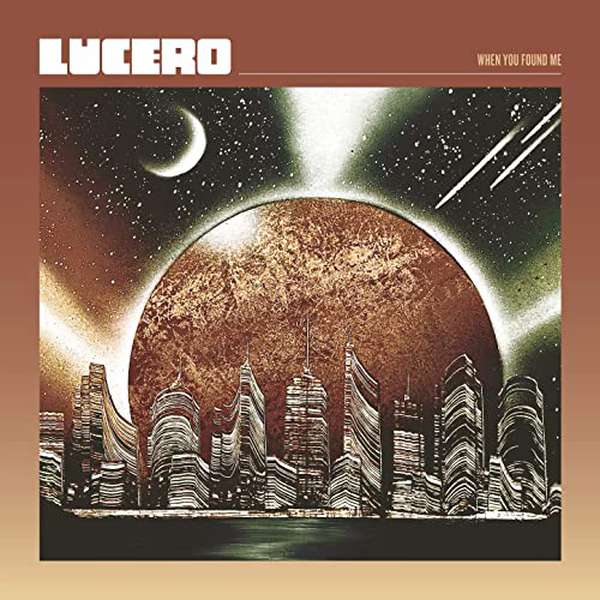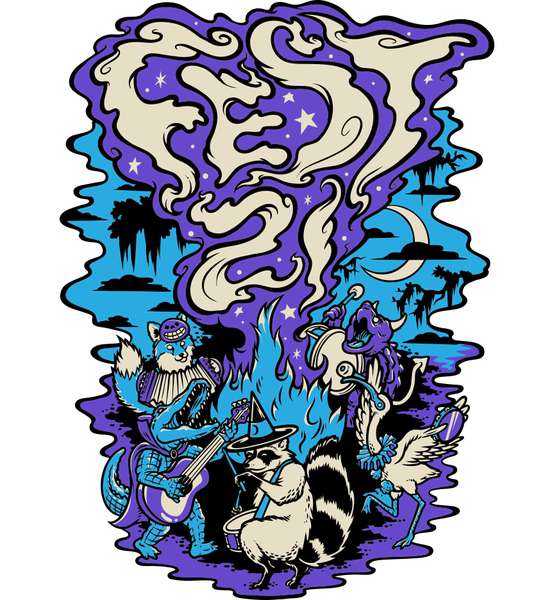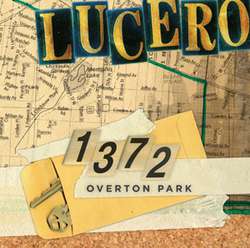Lucero describe their music as “rock and soul,” which has evolved from countrified punk to horn-driven rock to balladry and a whole lot more. It’s a fitting and evolving term. Through it all one thing always shines through, which is the personal and heartfelt emotion that defines their songwriting. When You Found Me is predominantly a blend of guitar and piano-led, classic rock-tinged tunes that pull at the heart first with some bobbing energy to keep the toe tapping. The album is probably 50/50 in terms of rockers versus ballads. The band has always utilized slower songs to good effect, but they’ve also grown mellower as they’ve aged.
To be honest, I quit following Lucero when they added the horns and moved beyond country-punk a few albums back. I have no ill will over that fact. Leading up to that point the records were starting to sound too similar anyway, so branching out was a wise move even if it doesn’t hit my personal tastes as closely. So I’m coming to the new When You Found Me from a somewhat fresh perspective. What I found is less classic rock influence and more soul -- just like they advertised. There is more piano and more emotional ebb and flow that is queued to the tempo. Once upon a time, Lucero’s heart relied on Ben Nichols’ vocals and lyricism while the music delivered a more forceful punch. It’s a more unified concept now. And while Nichols’ storytelling and rasp are still the drivers here, there’s a lot more going on. It’s subtle, but I hear a lot of 1980s dark pop in When You Found Me. Which makes sense, because both Lucero’s catalog and that era utilized melodrama to full effect. I hear some ‘80s Springsteen in “Back in Ohio.”
The beat in “Good As Gone” gives me those ‘80s vibes and the way that Nichols elongates certain words for effect seems right in line with those story vignette videos of yore, like when he sings “Can you outrun the mooooon,” reminiscent of howling, in the song “Outrun the Moon.” There’s a lot of songcraft at play beyond what you pick up on a first listen.
Storytelling is really a dominant theme and something the band has always excelled at, such as “Coffin Nails,” “When You Found Me,” and “The Match.” In the latter, a perfect example comes in the descriptive and symbolic imagery of a man outside the bar spotting a “pure white doe at the edge of the woods/ watching him in the dark.” That imagery paints a picture, not just of this particular song, but the type of ideas at play throughout.
When You Found Me feels more realized than the last Lucero record I listened to: it’s about craft, it’s about heart. It’s about a lot more than that too, with some generally dark vibes but also hope and longing. If you like moody music peppered with more complex emotions, check it out.





